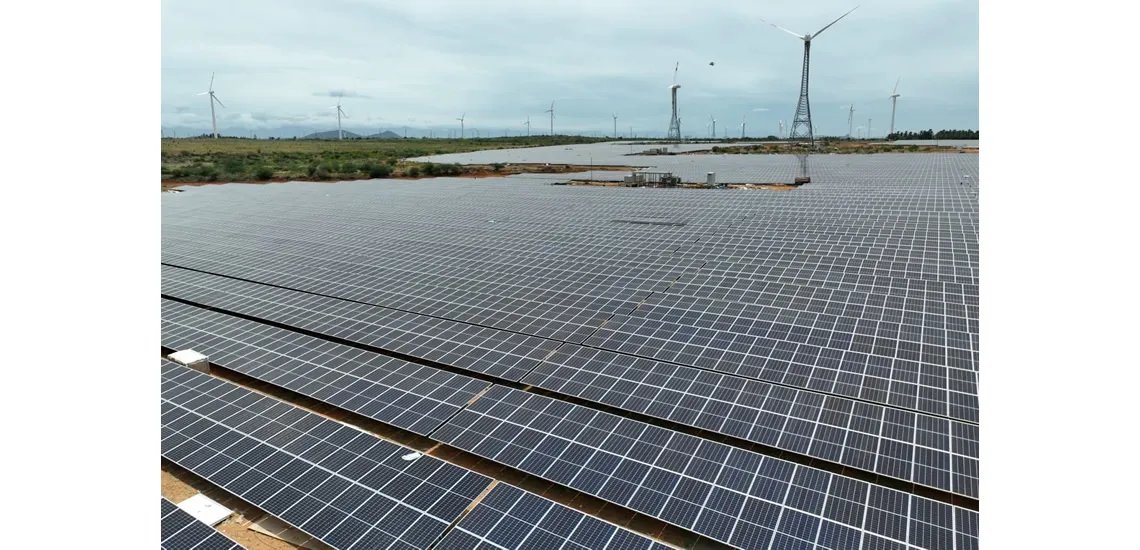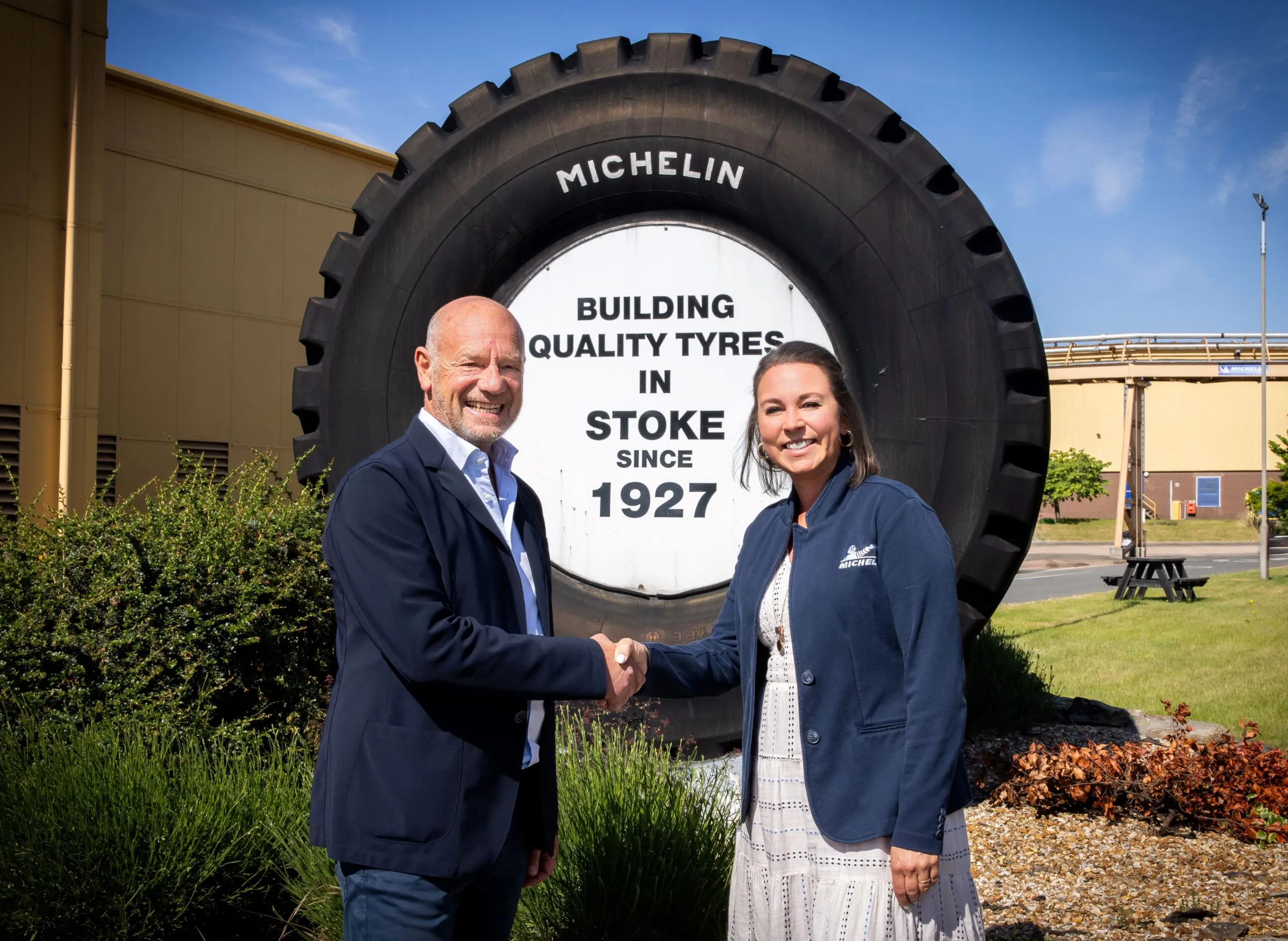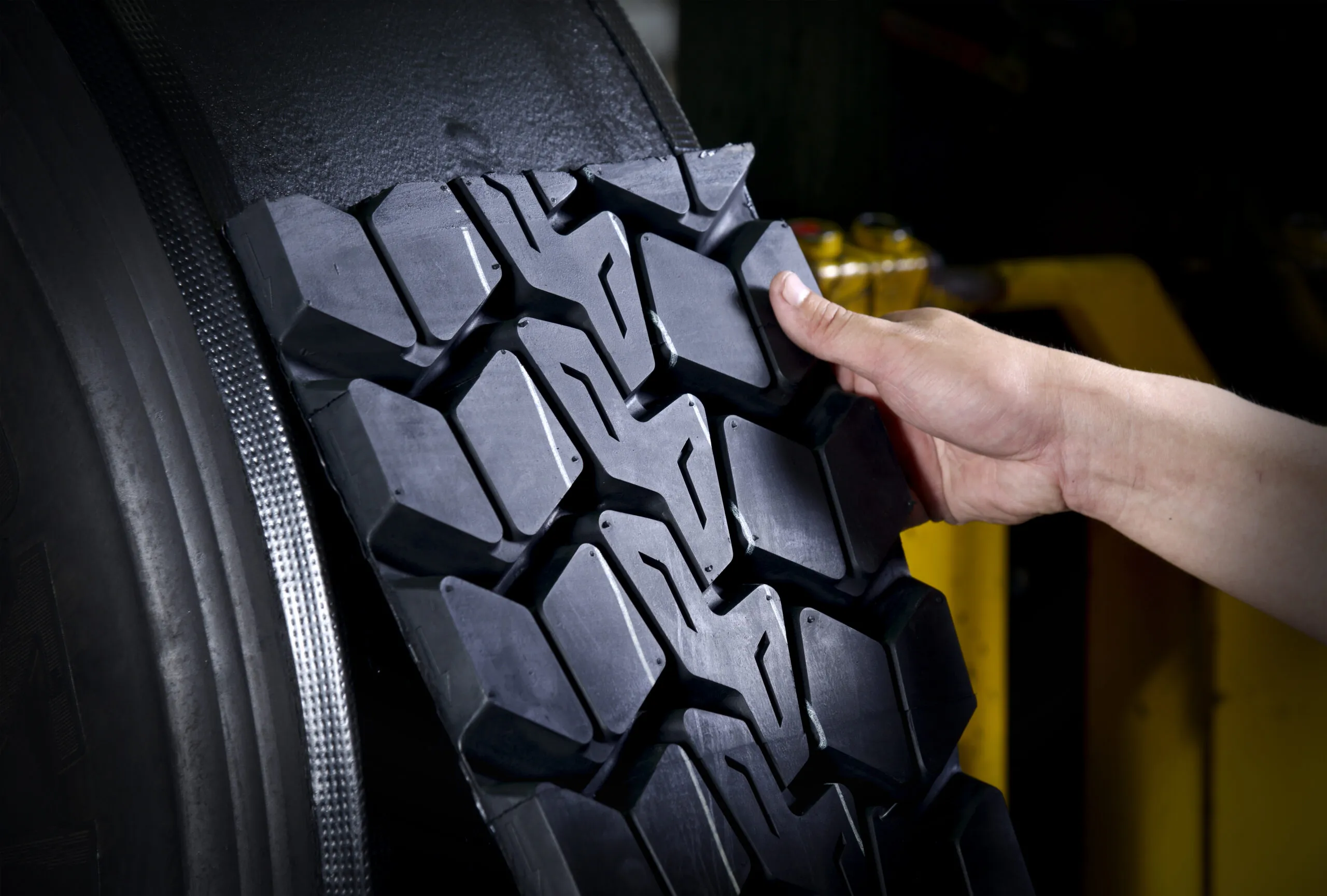Apollo Tyres has announced that it is undertaking further commitments towards optimising the sustainability of its business.
Apollo Increases Sustainability Commitments
This includes a commitment to be carbon neutral by 2050, which would entail improving Scope-1 and Scope-2 emission intensity by 25% by 2026 against the baseline year of 2020 and increasing renewable power as a share of total power usage to 25% by 2026.
Other commitments include improving water withdrawal intensity by 25% by 2026 against a baseline year of 2019, a commitment to improve D&I (Diversity and Inclusion) to 12% globally by 2026, and Increasing the usage of sustainable raw material to 40% by 2030.
Speaking about the defined targets Neeraj Kanwar, Vice Chairman & MD, Apollo Tyres Ltd, said “With an aspiration to be carbon neutral by 2050, we are working towards creating climate-resilient operations. Dedicated teams and investments are being made in energy saving initiatives and towards renewable energy to be prepared for the future and to contribute towards a decarbonised tomorrow.”
Climate change and greenhouse gas (GHG) emissions have been posing significant challenges for companies, governments, and society at large. Apollo Tyres has systems in place to monitor and analyse its GHG emissions, which are independently verified by a 3rd party, and reported annually in its Sustainability disclosures. The company has undergone climate risk assessment as per the Taskforce on Climate Related Financial Disclosure (TCFD) framework. Based on the identified areas, mitigation strategies have been formulated and an action plan drawn, to put them into action.
With the Andhra Pradesh facility in India already running completely on biomass, the company has accelerated its journey towards renewable energy usage across operations and moved away from fossil fuels. The Chennai plant has guaranteed a supply of 40 million units of through its investment in solar power; similarly, the Vadodara facility has captive capacities for solar and wind energy. Given the energy crisis in Europe, the operations is continuously improving upon its energy efficiency. At an overall organisation level, nearly 10% of power requirement in FY22 was met by renewable sources, and the company says it is committed to increase this to 25% by 2026.
Apollo Tyres, in line with other international tyre manufacturers, have taken an ambitious goal of achieving 40% sustainable material in its tyre compounds by the year 2030. The split up of sustainable materials, will be 30% biomaterial and 10% recycled material. The company is investing in R&D and manufacturing to achieve the above target by conducting LCA (life cycle assessment) for its products.
Apollo Tyres says it lays paramount importance on the judicious use of water, which is a scarce natural resource. Several steps have been taken within the organisation to ensure reuse and recycling of water, in addition to increasing the awareness regarding the same in the communities around. The company monitors the specific water withdrawn per tonne of product and has a roadmap to reduce it over a period. This water footprint is independently assured by a 3rd party and reported in Sustainability disclosures.
The company also says it understands the importance of harnessing the power of Diversity and Inclusion (D&I) amongst its workforce and has been bringing in changes in policies and practices, undertaking targeted recruiting and building global cross-cultural teams.







